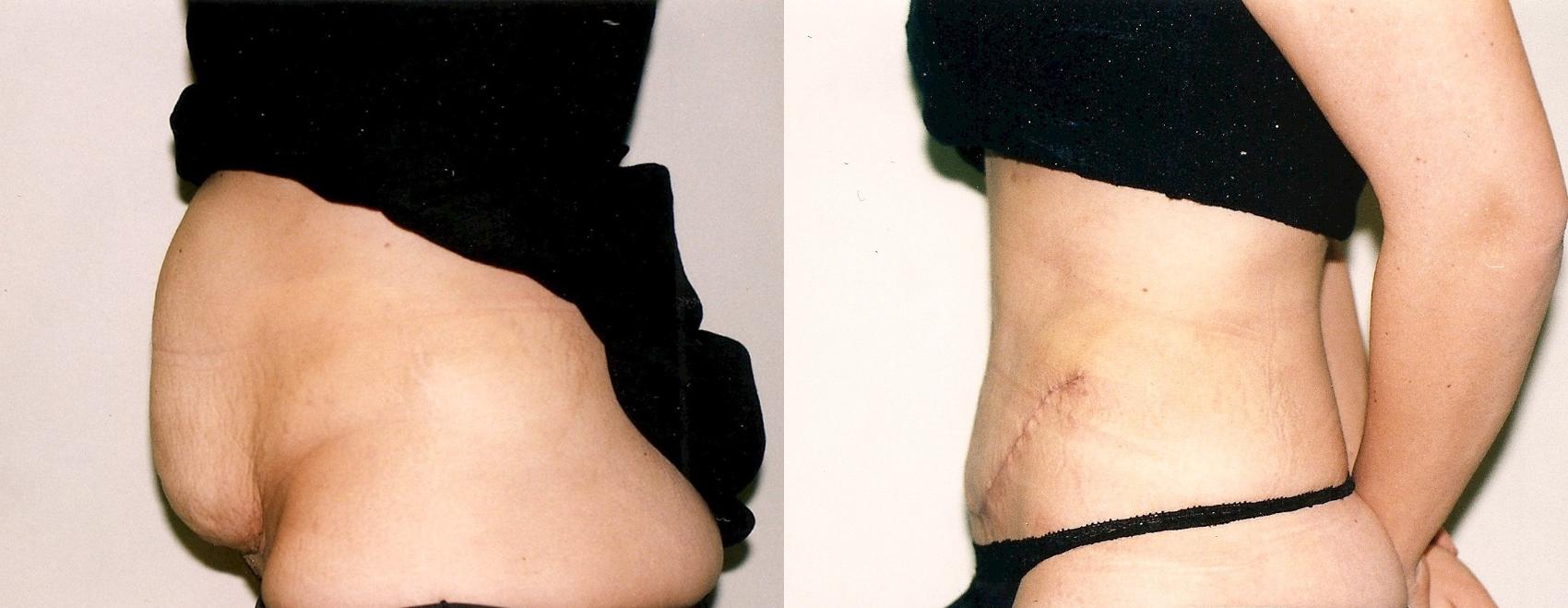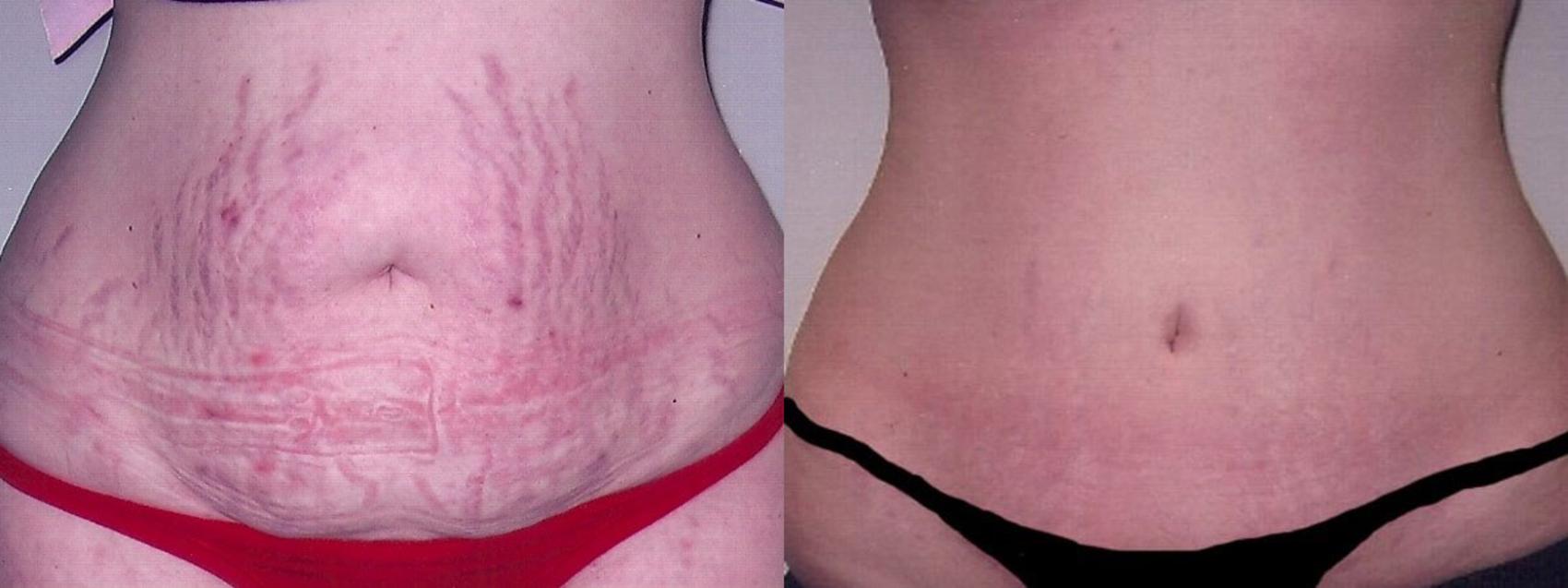One of the most popular procedures I perform at my Toronto and Mississauga plastic surgery practice locations is tummy tuck surgery, also known as an abdominoplasty. Once you have that flat, taut abdomen after the surgery, you want it to last. Many patients are concerned that major life changes such as weight gain or pregnancy will affect their tummy tuck results. In this blog post, I answer many of the most common questions about weight gain after a tummy tuck.
Why Have a Tummy Tuck?
The best solution to weakened or separated abdominal muscles after pregnancy or rapid weight fluctuations is often a tummy tuck (abdominoplasty). When the abdominal muscles are weakened, sometimes even exercise or weight loss can accentuate the problem rather than remedy it. Loose skin and pockets of unwanted fat often compound the tummy pooch that develops from separated ab muscles.
What Happens If I Gain Weight After A Tummy Tuck?
Minor weight fluctuations shouldn’t affect your tummy tuck results significantly. However, rapid, excessive weight gain can cause the skin and abdominal muscles that were tightened during surgery to stretch and create a belly bulge.
Causes Of Weight Gain After Tummy Tuck
Weight gain after a tummy tuck may happen for various reasons. We can avoid issues related to weight gain after the procedure by understanding how it may happen in the first place.
Lifestyle
Some of the most common reasons for weight gain after a tummy tuck relate to unhealthy lifestyle choices. This can include eating high-calorie foods, not exercising regularly, and not sticking to a balanced diet. Even after getting plastic surgery, it is important to maintain a healthy way of life in order to manage your results.
Stress
Stress can often interfere with your eating and sleeping habits, both of which have a significant effect on weight gain. The increase in stress can also trigger hormonal issues, resulting in the storage of extra fat in the body. Finding a way to combat stress is vital to maintaining a healthy lifestyle and managing your tummy tuck results.
Hormones
Imbalanced hormones can dramatically affect your weight. Hormones naturally fluctuate throughout your life, but if you are keeping a healthy diet and lifestyle and still experiencing weight gain, you will want to talk to your doctor to see if hormones or other health conditions are spurring weight gain.
Post-Surgery Water Retention
Water may be retained in the body following surgery. It can be localized, like in the hands and feet, or in areas around your organs—resulting in a bloated appearance. Following proper post-op instructions and staying active helps combat this issue.
Pregnancy After Tummy Tuck
Though pregnancy after a tummy tuck procedure is generally safe, most doctors recommend waiting at least a year after surgery to get pregnant. It is essential to communicate with your OB-GYN if you have had tummy tuck surgery, as they may advise you of any concerns.
Your pregnancy may look and feel different after a tummy tuck due to the tightened skin and muscles stretching and straining as the baby grows. Talk to your surgeon if you plan to get pregnant after tummy tuck surgery; this information may change how they operate.
Every woman’s body is different. You may retain some of the results from your original tummy tuck after pregnancy, or you may need to consider an abdominoplasty revision.
How Much Weight Can You Gain Without Affecting Your Results?
Gaining a few pounds after your tummy tuck procedure should not affect your final results. Most patients can typically fluctuate within 10 to 15 pounds without any significant issues. However, in severe cases, you may need a tummy tuck revision to restore your results.
If you are considering tummy tuck surgery, request a consultation or call us at (905) 273-3045 to schedule an appointment.





Leave a Reply